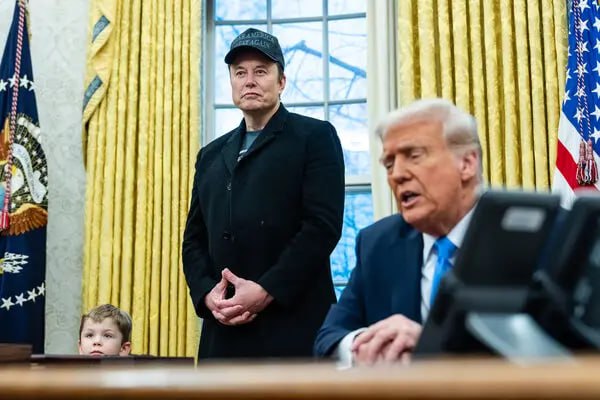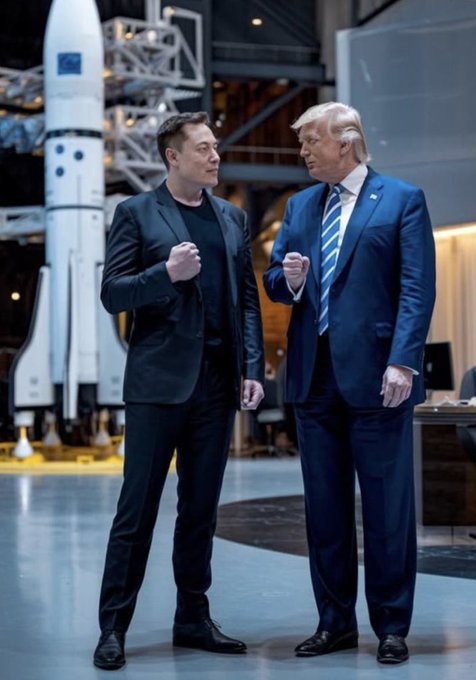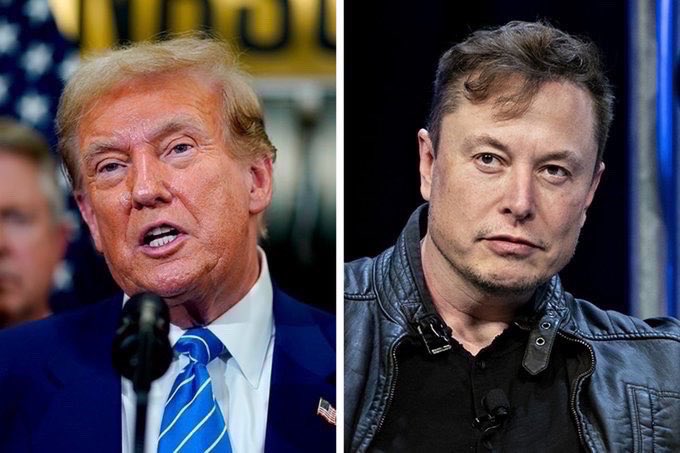The intersection of business, politics, and economic policy is rarely as visible as when high-profile entrepreneurs engage with national legislation. The recent public criticism from Elon Musk, CEO of Tesla and SpaceX, regarding former President Donald Trump’s “big, beautiful” tax and spending bill, highlights the delicate balance between business interests, fiscal responsibility, and government efficiency.
The Bill and Its Implications
President Trump’s signature legislation, narrowly passed by the US House of Representatives and now under Senate review, proposes multi-trillion-dollar tax cuts and a significant boost to military and national security spending. The bill is largely financed through reforms to federal health and nutrition programs and reductions in energy initiatives. According to the nonpartisan Congressional Budget Office, the legislation could add as much as $3.8 trillion to the federal deficit over the next decade, with some analysts estimating an immediate increase of $600 billion in the upcoming fiscal year.

Musk’s Critique and Business Stance
Elon Musk, who had previously served as a cost-cutting advisor to President Trump and led the Department of Government Efficiency (DOGE), expressed deep disappointment with the bill. In a CBS News interview preview, Musk remarked, “I was disappointed to see the massive spending bill, frankly, which increases the budget deficit, not just decreases it, and undermines the work that the DOGE team is doing”. He emphasized that the bill would undo the cost efficiencies and spending reductions his team had worked to implement, making it harder to achieve long-term fiscal sustainability.
Musk’s critique is rooted in his business philosophy, which values efficiency, innovation, and fiscal discipline. He has long advocated for reducing government waste and streamlining operations, both in his companies and in government advisory roles. The proposed bill, in his view, represents a step backward for efforts to control government spending and manage the national debt, which already stands at over $36 trillion.
Business Impact and Broader Economic Concerns
From a business perspective, Musk’s concerns are not just about government efficiency but also about the broader economic environment. Large increases in the federal deficit can lead to higher interest rates, inflation, and reduced confidence among investors and entrepreneurs. For a leader like Musk, whose companies rely on stable economic conditions and access to capital markets, fiscal irresponsibility at the federal level is a direct threat to business planning and growth.
Moreover, the bill’s focus on tax cuts and military spending, at the expense of health, nutrition, and energy programs, could have ripple effects across various sectors. Reductions in energy initiatives, for example, might impact companies investing in renewable energy and sustainable technologies—areas where Musk’s businesses are heavily involved. The elimination of clean-energy tax incentives could slow the transition to a greener economy, affecting not only Tesla but the entire clean-tech sector.

Political and Policy Ramifications
Musk’s public stance also reflects a growing tension between business leaders and policymakers over the direction of economic policy. While some Republicans support the bill for its tax cuts and defense spending, others, including Musk, worry about the long-term consequences of unchecked deficits. Musk’s comments echo the concerns of fiscal conservatives who argue that sustainable growth requires both prudent spending and responsible revenue management.
Looking Ahead
As the bill moves to the Senate, it is likely to face significant revisions and debate. Musk’s remarks have added a prominent business voice to the conversation, emphasizing the need for policies that support both economic growth and fiscal responsibility. For business leaders, the outcome of this legislative process will have far-reaching implications, shaping the investment climate, regulatory environment, and overall economic stability for years to come.
In conclusion, Elon Musk’s disappointment with Trump’s tax and spending bill underscores the critical role that business leaders play in shaping economic policy. By advocating for fiscal discipline and efficiency, Musk is not only protecting his own business interests but also contributing to a broader dialogue about the future of the US economy. As the debate continues, the business community will be watching closely, hoping for policies that foster innovation, sustainability, and long-term prosperity.

